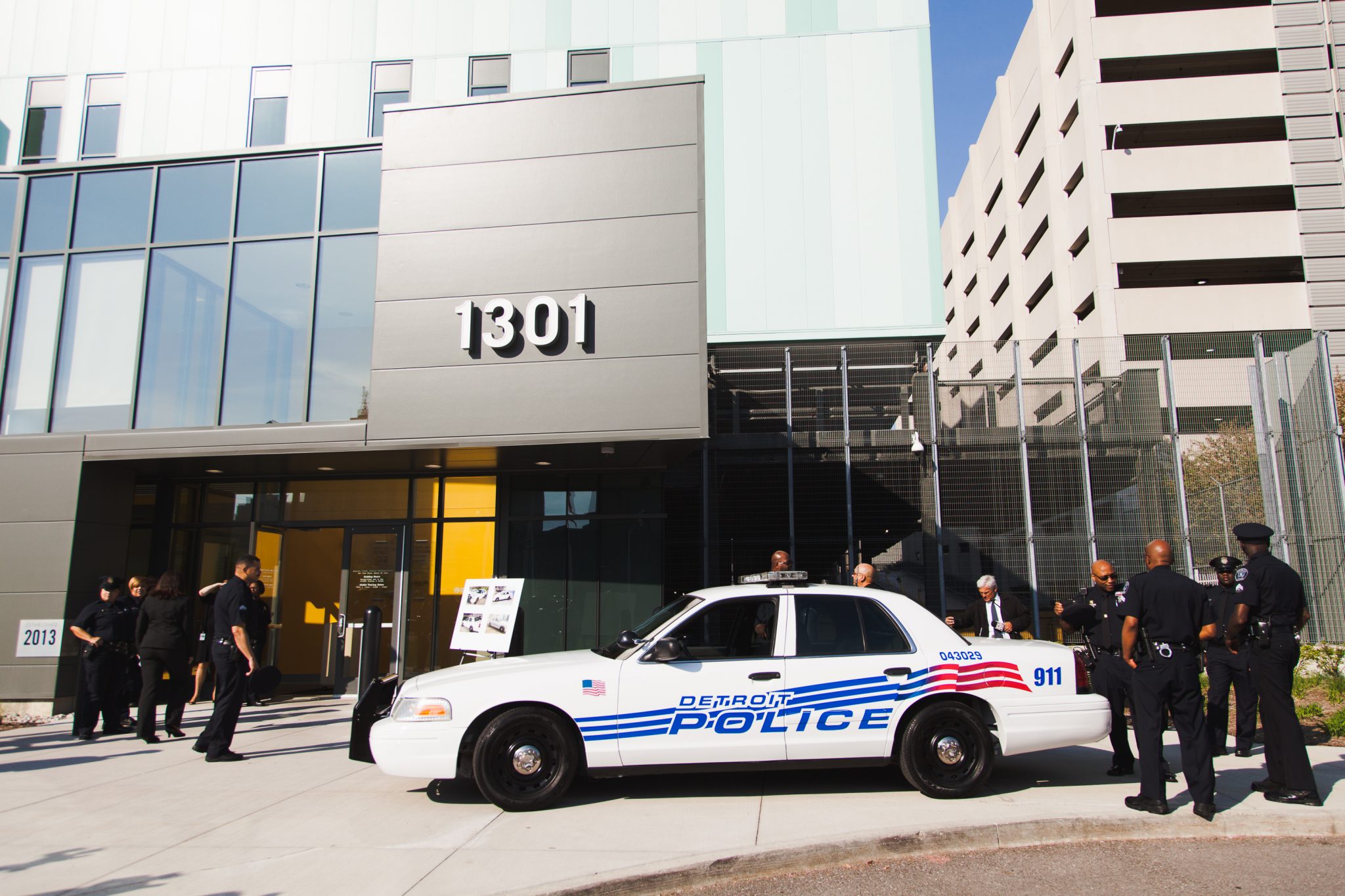The history of violent policing in Detroit — and what’s changed in 60 years
A former police officer, a former journalist and a historian discuss how Detroit police culture has changed over time.

Since the very public police murder of George Floyd almost three years ago, there have been a lot of talks about what policing is and isn’t — and whether police departments can change.
These conversations aren’t going away, in part because we continue to see tragedies with police departments often at the center. The most recent publicly-discussed event is the police killing of Tyre Nichols, who was beaten by several police officers and later died in a hospital.
In Detroit, police changes have meant doing away with violent units like STRESS, the Big Four and the Gang Squad. It’s also meant ushering in mental health co-responders to address mental health crises.
“I do think that when Mayor (Coleman) Young took office in 1974, that there began to be a period of a lot more accountability and transparency about what was going on, and there was no hesitation of firing officers.” — Jack Kresnack, retired journalist
Listen: How policing has changed in Detroit, and how it hasn’t in the last 60 years.
Guests
Danielle McGuire is an adjunct professor at the University of Utah, author, and former professor of history at Wayne State. She says small police units — like STRESS in Detroit or SCORPION in Memphis — target high-crime areas and often terrorize community members before being disbanded for violating a police norm or rule.
“So often they operate with almost complete impunity,” says McGuire, “and outside the norms and rules of any kind of proper training or behavior. And they do it until something horrific happens that becomes public.”
Ike McKinnon is a retired deputy mayor of Detroit who has also formerly served as a Detroit police chief, Minneapolis Police Department consultant, and professor at University of Detroit-Mercy. He says when he was in charge of the Detroit Police Department, he tried to remove supervisors who were not holding police officers accountable for misconduct, along with officers who violated their duty.
“I watched this throughout the years, and tried to rid our department, Detroit, of officers who had the propensity of committing these kinds of acts,” says McKinnon.
Jack Kresnack is a retired journalist who worked for the Detroit Free Press for 38 years. He says reforms had began happening in the city while Coleman Young was in the mayor’s office.
“I do think that when Mayor Young took office in 1974, that there began to be a period of a lot more accountability and transparency about what was going on, and there was no hesitation of firing officers,” says Kresnack.
Trusted, accurate, up-to-date.
WDET strives to make our journalism accessible to everyone. As a public media institution, we maintain our journalistic integrity through independent support from readers like you. If you value WDET as your source of news, music and conversation, please make a gift today.

